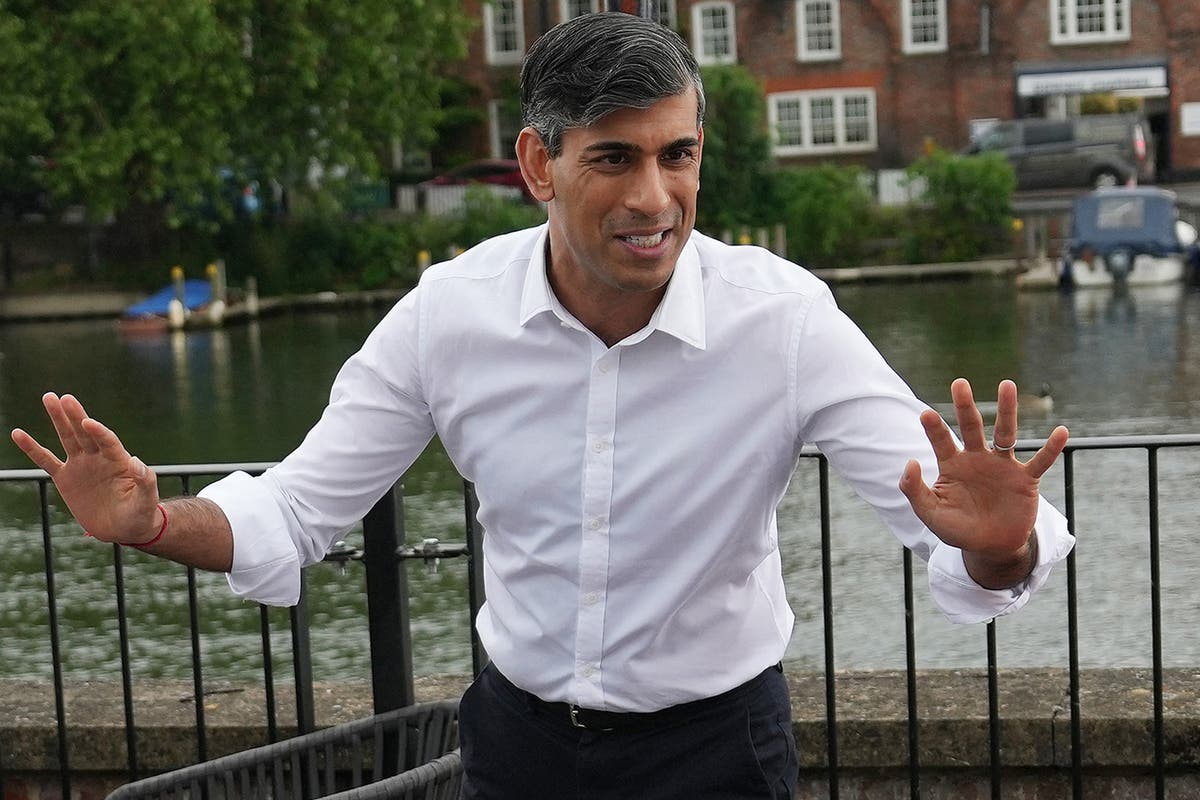

Would they?
SNPs manifesto included it as a key point. So actual coalition government. Well look at how lib dems got hit over student fees. SNP voters would feel the same having voted for an independence party.
Hence why labour have faced the question at all past elections where a win os less probable amd denied they would form such a coalition.
But as said. A confodence amd supply agreement where snp agree to non confidence votes. Is probable on such situs.










Even more. That is why the vice president and a whole protocol of succession exists.
An old president is hardly like a feudal nation where a king dies without children.